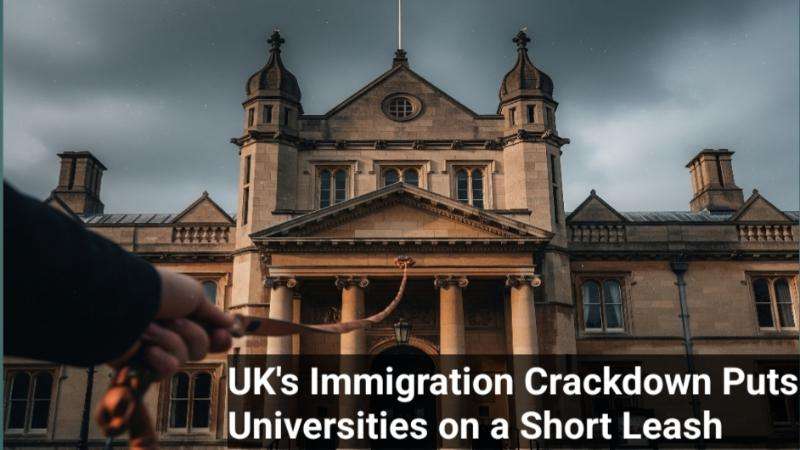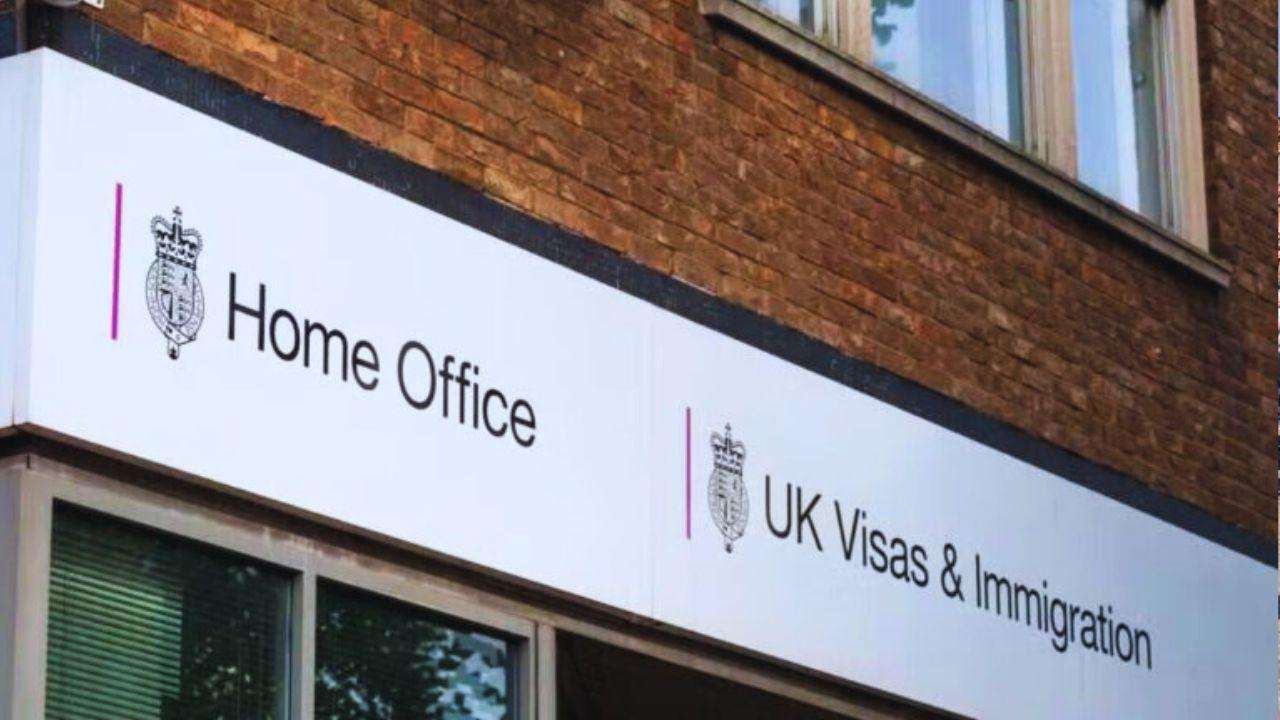The UK government has unveiled a comprehensive and stricter immigration policy aimed at significantly reducing net migration, a move that is poised to reshape the higher education sector. The new measures, detailed in the May 2025 Immigration White Paper, are intended to prevent the misuse of the student visa system as a route to settlement, Daily Dazzling Dawn understands.
The Home Office is implementing tougher compliance standards for universities that sponsor international students. To retain their sponsorship license, institutions must now meet a higher bar on their annual Basic Compliance Assessment (BCA). The existing thresholds—a visa refusal rate below 10%, a course enrolment rate of at least 90%, and a course completion rate of at least 85%—will all be raised by 5%. This means universities must achieve at least a 95% enrolment rate, a 90% completion rate, and keep their visa refusal rate below 5%. The government is also introducing a public "Red-Amber-Green" (RAG) banding system to rate university performance on these metrics, with poor ratings potentially leading to a cap on international student recruitment.
The government's rationale for these changes stems from a sharp increase in asylum claims from individuals who initially entered the UK on legal visas, including a notable number of former students. Data from 2024 revealed that asylum claims had reached a record high of over 108,000, underscoring the government's concern.
In addition to the stricter compliance rules, a series of other changes to the student and post-study visa routes are set to compound the challenges for universities. The Graduate visa, which allows international students to work in the UK after their studies, will be shortened from two years to 18 months, with the duration for PhD students also being cut to 18 months from three years. The government is also exploring the introduction of a new levy on the income universities earn from international student fees. This revenue would be reinvested into the UK's domestic higher education system, but it could force universities to increase fees, potentially deterring prospective students and making the UK a less competitive study destination.
Furthermore, the standard qualifying period for indefinite leave to remain (ILR), or permanent residency, is being extended from five to ten years for most applicants. This longer path to settlement is another measure designed to tighten immigration controls. The government is also introducing a new, stricter English language requirement for all adult dependants of student visa holders, adding another layer of complexity and cost for those bringing family members to the UK.
The university sector has responded with significant concern. Representative body Universities UK has acknowledged the government's migration goals but has warned that these policies could jeopardize the financial stability of the sector and damage the UK's global reputation. They emphasize the multi-billion-pound contribution international students make to the UK economy and how their fees are vital for subsidizing domestic student places, particularly in high-cost subjects.
The new policies have drawn criticism from refugee advocates and immigration lawyers who argue that the measures are discriminatory and could unfairly penalize genuine asylum seekers who may have valid reasons to seek protection only after arriving in the UK. The full implementation timeline for all the white paper's proposals is still being developed, but some changes to other visa routes are already in effect as of July 2025.







.svg)
